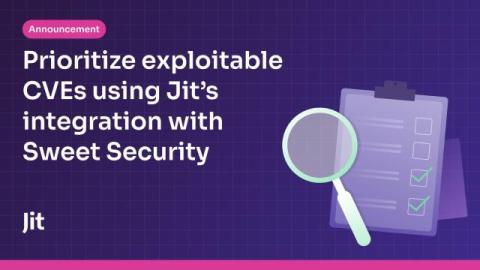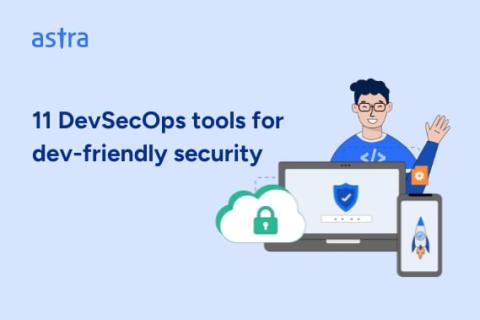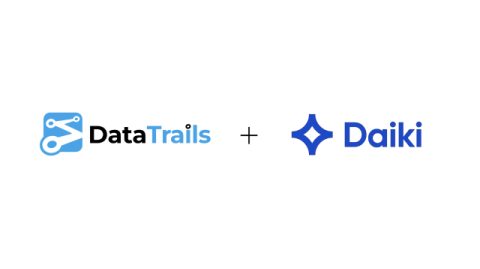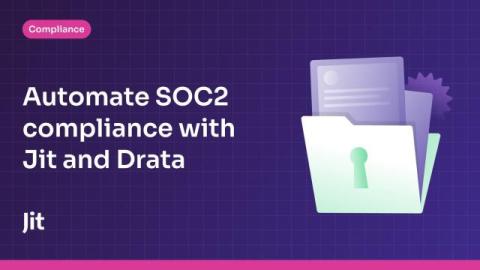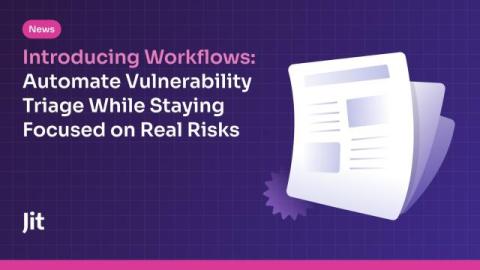Incorporating security by design: Managing risk in DevSecOps
Today’s risk environment is constantly evolving as threat actors exploit the complexity of modern software. That's why it's crucial to prioritize security throughout the entire application lifecycle, from beginning to end. However, many software teams only start thinking about security when application development is well underway.




